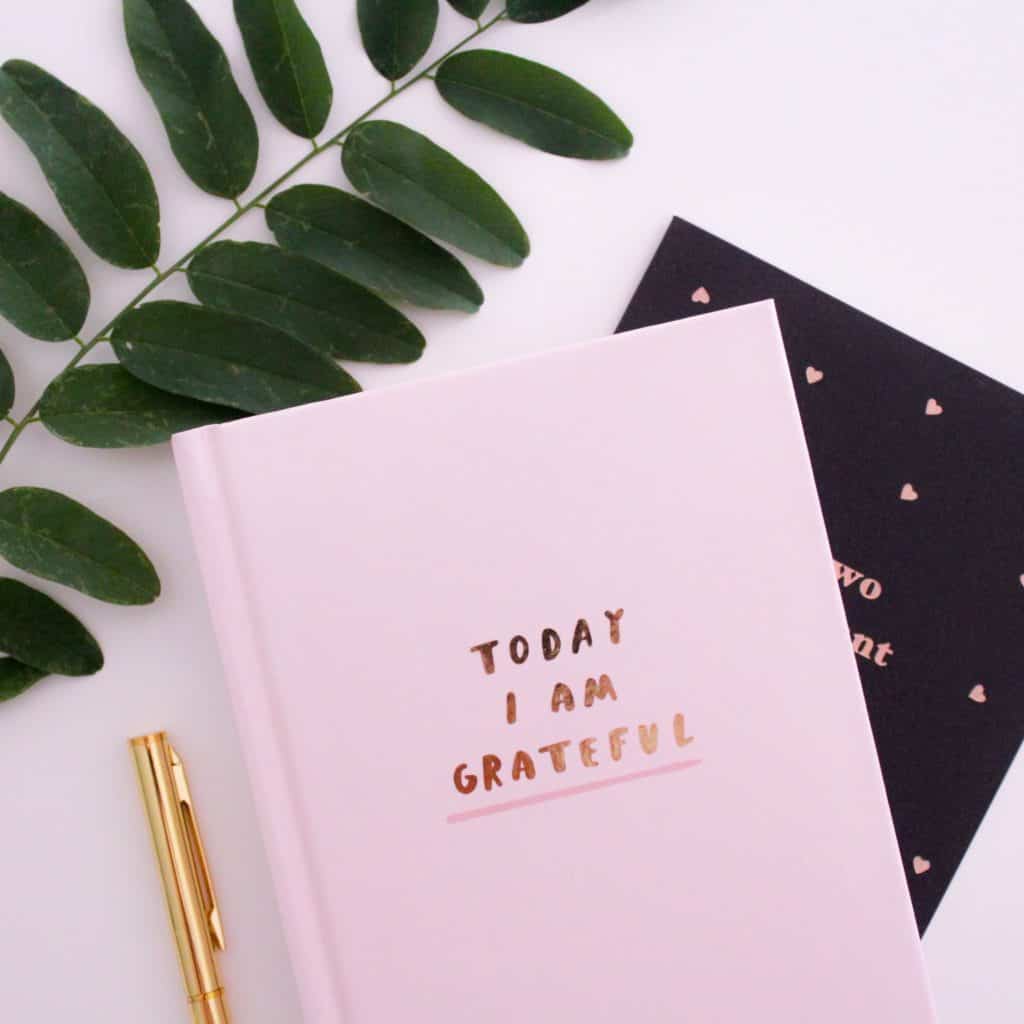The holiday season often brings out the inner generosity of people; you may have even been on the receiving end of those gestures. Whether it be a cup of coffee at Starbucks, letting you skip ahead in the grocery line, or a loved one making you a special treat, these moments are actually small gifts that can impact your mental well-being. In fact, these experiences can improve your quality of life, increase your experienced happiness, and foster relationship building, when you spend time being grateful for them. When you sit back and reflect on all the good stuff you have, instead of focusing on where you are not or what you do not have, you can feel pretty amazing. So why don’t we do it all year?
What Makes Gratitude Hard?
While I don’t get free coffee all year, good things happen all the time. So what keeps us from seeing all the amazing stuff around us? We as humans naturally tend to notice where things go wrong and spend time focusing on those things. Thinking about ways we can improve ourselves or situations is a good thing; it gets us motivated to make change. However, if you find yourself constantly thinking about how you are not good enough, comparing yourself to others on social media, and thinking about all the things you don’t have, you could feel pretty defeated.
The Good News is, We Can Do Something About It
The good news is, there is something we can do to retrain our brain to notice the good things in our lives, because they are there, even in the toughest of times. The use of a gratitude journal is a great way to start practicing finding the things to be grateful for and proactively creating more situations that make you happy. A gratitude journal is an activity you can do every night to think about the good things that happened that day. It is important to also write down some additional information about how the event happened, who helped it happen, what about it was so special to you, or ways you could experience this good thing again. Spending time thinking about the things you are grateful for is how you get the biggest effect.
Benefits of Gratitude as a Life Practice
Not only to you get to re-enjoy these experiences through memory, but by spending the time processing why these things meant so much to you, you might begin to realize just how many good things you have experienced. The more you practice, the more that you will begin to notice the good things that happen throughout the day in real time! Imagine the impact on your brain to see so many good things in your life! You will also learn how to replicate these events when possible. If you know you felt great after walking your dog, volunteering, or calling a close friend, you know how to make that positive emotion experience happen again. You then become more in control over your own happiness.
But Wait, There’s More!
Not only will you experience more positive emotion and see the world in a better and more accurate light, gratitude is a great way to improve meaningful relationships. Imagine instead of sitting down with the kids at dinner and asking, “how was your day” in which you will likely get “fine”, the family goes around and tells about what good thing happened today. This helps the whole family learn to see the positive things in their lives and promotes family bonding. The atmosphere is usually quite excited when everyone gets to talk about something that made them happy.
Also, don’t forget to take the time to let someone know when they have done something that you are grateful for, no matter how small. When people go out of their way to do nice things and are not acknowledged, especially over time, they may stop doing those small acts of kindness because they feel they go unnoticed or unappreciated. It takes such little effort to say, “I noticed that thing you did and it brightened my day”. Practicing gratitude with those we care about is a great way to build positive emotion in relationships!
Make it a Practice, Not a Season
Gratitude needs to be something we practice every day, especially the days we don’t feel like it. There is nothing too small to list in your journal. Sometimes it will be hard, because some days are hard. When you can find nuggets of goodness, even in the toughest days, it lightens the stress and negative emotion you are experiencing. The best way to ensure you don’t start slacking on your gratitude plan is to make it part of your daily routine. You can keep a journal and write in it at night, do a nightly or dinner time sharing session with friends or family, or jot things down through the day to review at night. So long as you make the practice of doing it every day, you will be training your brain to be more positive and to notice where things are going right, all while improving meaningful relationships! Win win win!
Have happy holidays all!
Dr. Aimee


